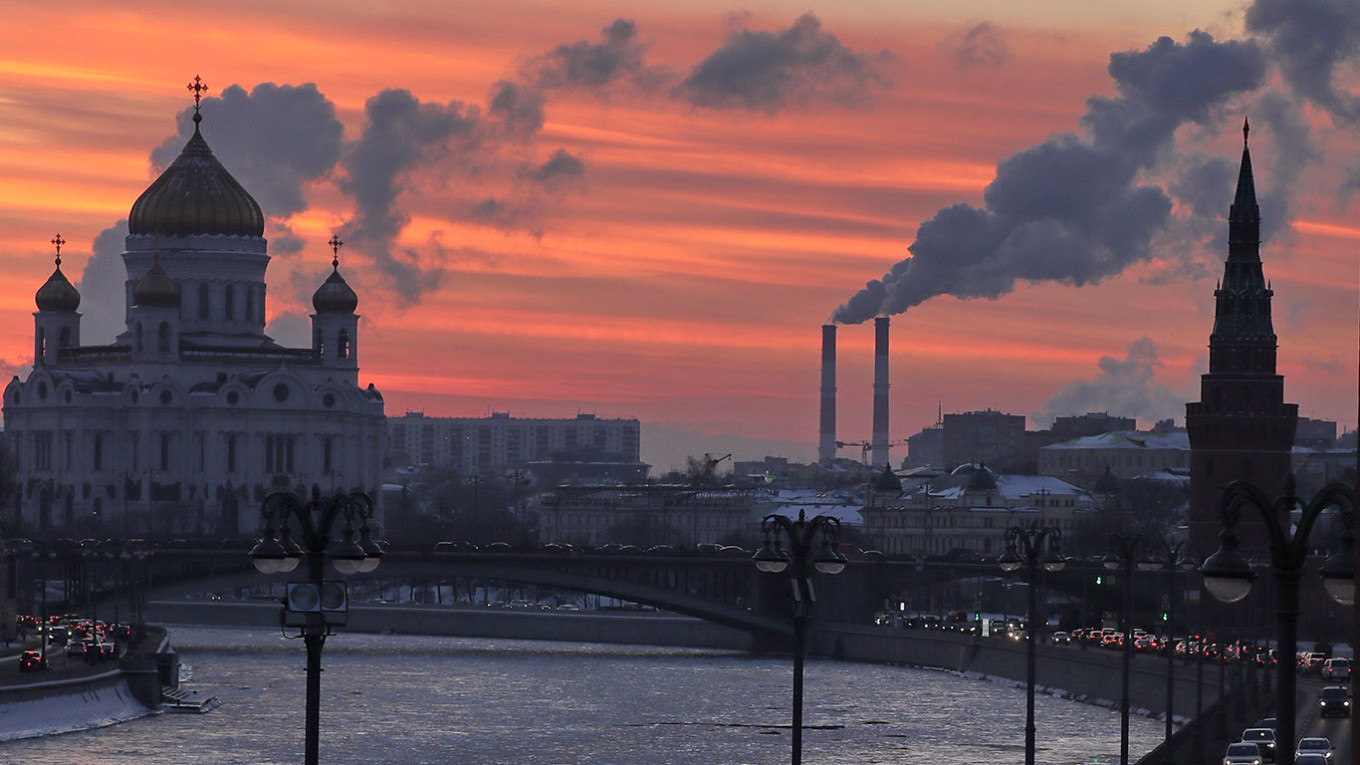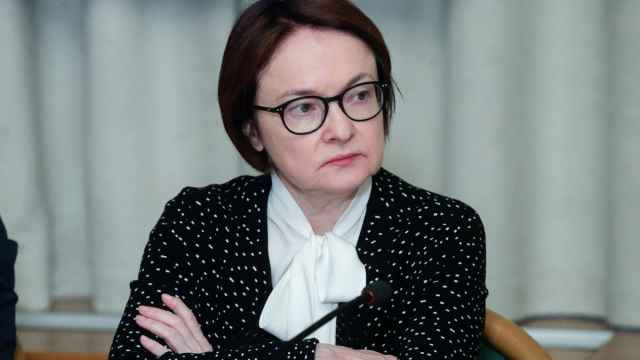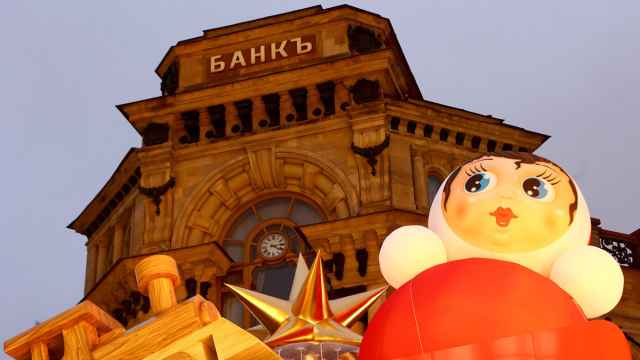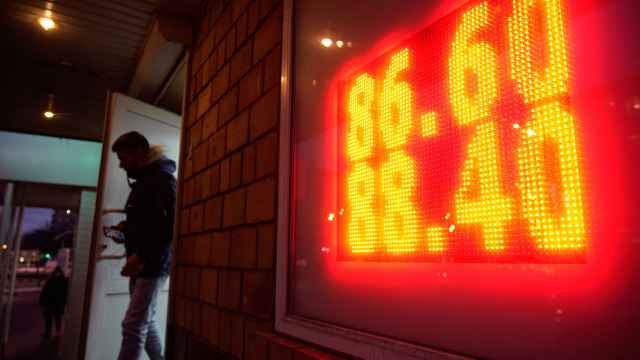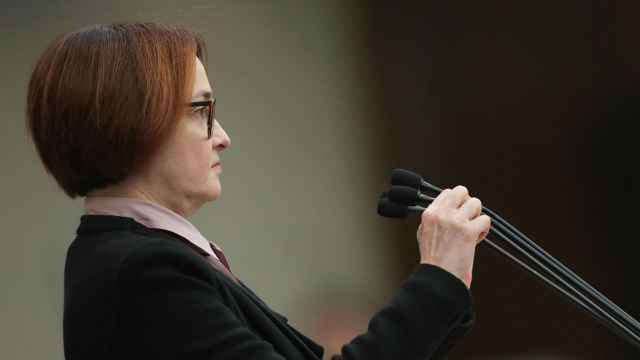Russia’s economy could slip into recession by the end of the year after three consecutive quarters of slowing growth, the Central Bank has warned.
According to the Economic Development Ministry, GDP grew by 0.6% year-on-year in July-September, following growth of 1.1% in the second quarter, 1.4% in the first and 4.5% in the final quarter of 2024.
The Central Bank said the strong base effect from late last year, when there was a “temporary surge in production in certain sectors,” contributed to its decision to downgrade forecasts.
It now expects GDP to fluctuate between a 0.5% decline and 0.5% growth in the fourth quarter. Back in July, the regulator had predicted 0-1% growth for the same period.
A quarterly contraction would mark Russia’s first year-on-year GDP decline since the first quarter of 2023, when the economy shrank by 1.6%.
The 0.6% growth recorded in the third quarter came in well below the Central Bank’s August forecast of 1.6%.
Officials said the economy’s “overheating” is easing, but warned that labor market strain, persistent inflation above 4% and model projections all point to the overheating lasting longer than previously expected, and possibly into the first half of 2026.
As a result, the Bank signaled that high interest rates would need to stay in place for an extended period.
“The economy hasn’t cooled — it’s frozen,” said Anton Tabakh, chief economist at Expert RA. “Many sectors are already chattering their teeth.”
The Central Bank acknowledged that performance varies widely by sector.
Output has declined this year in export-oriented industries such as mining and ferrous metallurgy, while sectors serving the domestic market have largely continued to grow, though at uneven rates.
Defense-related industries remain the main growth driver, while most civilian sectors are in decline.
According to data from the Kremlin-linked Center for Macroeconomic Analysis and Short-Term Forecasting (CMASF), production in civilian industries has been falling steadily since the start of the year.
Output has dropped across 73% of 129 key product categories, and the financial health of companies is deteriorating sharply.
The share of firms at high risk of losing financial stability could rise to 32.5% of total industrial revenue next year, up from 23.7% now.
The slowdown is also worsening the already fragile financial position of many businesses.
“When demand stagnates or falls, paying high interest rates becomes nearly impossible,” said investment banker Yevgeny Kogan.
Business activity has declined for four straight months and only in October showed a slight rebound, driven mainly by a short-lived uptick in services.
Economist Dmitry Polevoy called it a temporary development.
“The overall trend of slowing growth in both industry and services remains,” he said, forecasting a 0.7% GDP decline in the fourth quarter.
Analysts at Promsvyazbank said the risk of an “economic overcooling” remains high, warning that Russia’s economy is now expanding at a pace below its potential rate of 1.5-2.5%.
They noted that September’s improvement — 0.9% growth after 0.4% in July-August — was largely due to a brief rebound in stagnant sectors, while key growth drivers continue to lose momentum.
A Message from The Moscow Times:
Dear readers,
We are facing unprecedented challenges. Russia's Prosecutor General's Office has designated The Moscow Times as an "undesirable" organization, criminalizing our work and putting our staff at risk of prosecution. This follows our earlier unjust labeling as a "foreign agent."
These actions are direct attempts to silence independent journalism in Russia. The authorities claim our work "discredits the decisions of the Russian leadership." We see things differently: we strive to provide accurate, unbiased reporting on Russia.
We, the journalists of The Moscow Times, refuse to be silenced. But to continue our work, we need your help.
Your support, no matter how small, makes a world of difference. If you can, please support us monthly starting from just $2. It's quick to set up, and every contribution makes a significant impact.
By supporting The Moscow Times, you're defending open, independent journalism in the face of repression. Thank you for standing with us.
Remind me later.


